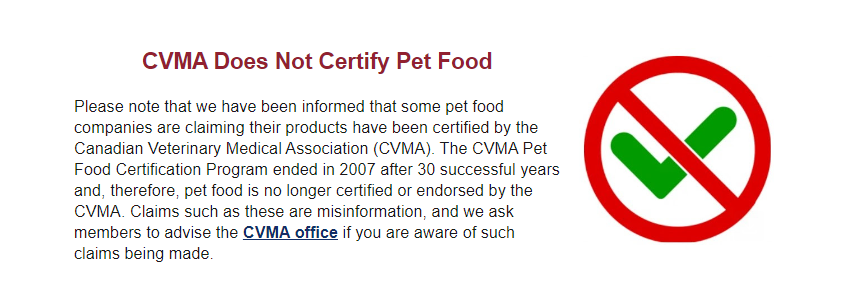Canadian Dog Nutrition
- Serena Caunce
- Aug 3, 2024
- 3 min read
Updated: Feb 15
A few months ago, I was asked to review a Canadian made dog food. I approach dog nutrition differently now since I got Cola. Seeing as I knew that Cola's adult weight would be around 38kg, I knew that Large Breed Puppies should not be fed like any other puppies, or their adult equivalent.
I went from there to understanding that AAFCO also changed their labelling rules for All Life Stage diets, that it must include the statement --including the growth of large dogs (adults >70lbs) or excluding the growth of large dogs (adults >70lbs). It was new as of 2023 (I believe) so there were still some old labels floating around.
That being said, I explored a lot of different diets for Cola and landed on the Pro Plan Large Breed Puppy for several reasons including the AAFCO feeding trials that have been vigorously performed (and instead of paying a bunch for marketing... like other brands), and she also enjoyed it more than some of the other diets I tried.
I use the Pet Nutrition Alliance website to assist my clients (as I mentioned here before), but it is a U.S. run website, and doesn't include Canadian made diets unless they are shipped and sold in the U.S.
So then after I was asked to review a Canadian pet food company, I started wondering where are the resources for Canadian pet foods ----- from a reputable source! aka a veterinary nutritionist.
I see it time and again, when every pet comes in I ask the pet parents what they are feeding. Then I go into my spiel about who balances the diets, my spiel about DCM, and how pet food companies are telling consumers that they don't believe in testing their diets on animals. So, they are getting their pet's nutritional advice from some online forum, social media influencer or the high school graduate at their local pet store.

Yes, there is Canadian Pet Food Connection, but they are a retailer, and let's keep in mind that the pet food industry is no more regulated than the dog training industry in Canada.
So what I usually say to my clients, like hey! I could make a dog food in my garage and sell it as "veterinary formulated" but that doesn't mean it is any better than some of the other garage made diets out there.
The WSAVA nutrition guidelines ask:
1. Do they employ a Nutritionist?
• Appropriate qualifications are either a PhD in Animal Nutrition or Board Certification by the American College of Veterinary Nutrition (ACVN) or the European College of Veterinary Comparative Nutrition (ECVCN).
• What are the Nutritionist's name, qualifications and employment status? Consultants may have limited influence compared to a staff Nutritionist.
Let's keep in mind that we are all trying our best to do what is right for our pets. The last thing we want is for your dog to get a preventable condition such as diet associated dilated cardiomyopathy ----- there is still a link to grain-free high legume diets!! I still see it in practice!! Until I stop seeing it in breeds who were once traditionally free from DCM, I'll still be preaching to not feed a high legume, grain-free diet.
The below table is a work in progress as some of the companies have said... we let the consumer decide what is best for their pets. Let's all keep in mind that when they say "we do not believe in testing on animals" read that as "we don't want to pay for third party laboratory testing, but we will put those dollars into marketing and sell these diets to you, the consumer, and test the diets on your dogs" --- I'm just saying.
Test out my sortable table! Sort by clicking on the heading...
If you don't see your favourite brand above, do let me know in the contact info below!
One last thing... if I have seen DCM correlated with feeding a particular brand, I will either remove it from the above list, or it has been excluded from the above list.
One, last, last thing! The CVMA does not certify Canadian Pet Foods.



Comments